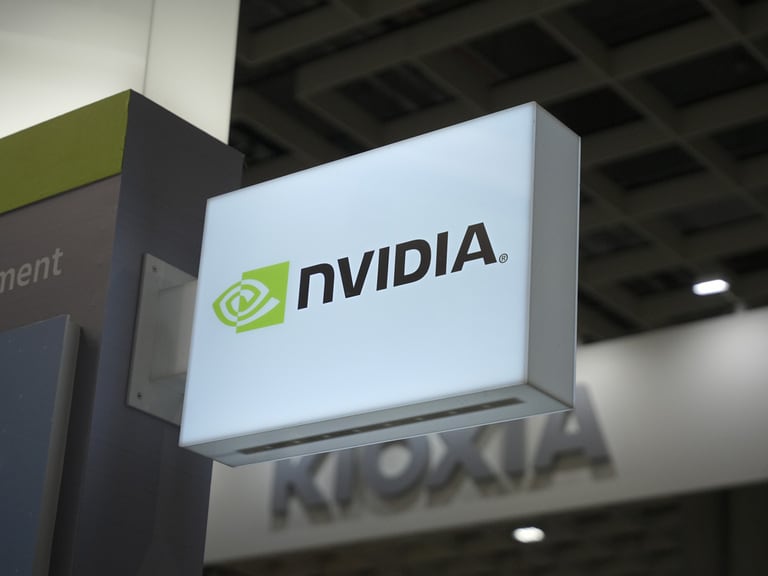European markets continued their run of gains last week, with the FTSE 100 hitting its highest levels since October, despite rising evidence of a deteriorating economic outlook.
These worries about the economic outlook have prompted speculation that the European Central Bank may be forced to abandon its plans to gradually pull back from adding extra stimulus.
Last week ECB governing council member Benoit Coeure suggest that a new TLTRO was up for discussion but it would have to serve a specific purpose, helping push the euro close to its lows last year, while the Bank of England appeared to follow suit after MPC member Gertjan Vlieghe’s comments that any rate move was likely to be towards the downside in the event of further deterioration in economic conditions.
The extension of China, US trade talks from Beijing to Washington this week also helped raise expectations that we could get some form of framework in the coming days, so that further discussions can take place beyond the 1 March deadline, with any new tariffs held in abeyance while talks continue.
This optimism that any further escalation in China, US trade is now less likely saw US markets finish last week on a really solid footing, also wiping out the losses we saw in December in the process.
While US and UK markets have managed to put the December sell off behind them, markets in Europe have lagged behind, despite a weak currency, though they’re not too far behind. We’ve had a mixed start this morning despite a decent Asia session, which was helped by rising oil prices which acted as a modest tailwind. Markets in Europe have consistently struggled for gains since last summer, and this morning’s tepid open appears to show that investors remains reluctant to pile back in en masse. With US markets out for Presidents Day holiday, volumes are likely to start to diminish in the afternoon session.
On the companies front, we have the full-year results from consumer goods company Reckitt Benckiser. Reckitt’s shares have underperformed their peers in recent years, raising questions as to whether the business should be broken up in order to extract additional value from its component parts. These latest results show that profits before tax fell to £2.7bn, from just over £3bn a year ago.
The company said it remained on course with its plans to streamline its underperforming healthcare business, which ran into some problems in the aftermath of the Mead Johnson acquisition, along with a number of other missteps which have hit the company’s reputation. It expects revenue growth of 3% to 4% in the coming year, with the company saying that it remains on course to separate its healthcare and home hygiene product divisions by 2020. This has been a course of action that some shareholders have been pushing for, for quite some time now, in an attempt to drive efficiencies, and with the departure of CEO Rakesh Kapoor in the coming weeks, this looks to be well on course, with the shares gaining ground in early trade this morning.
Education publisher Pearson is also in the news after announcing the sale of its US K12 courseware business to Nexus for $250m. This business provides the education material for course work for students from kindergarten to 12th grade, as the company focuses its efforts on virtual school and higher education.
The collapse of low-cost airline FlyBMI at the weekend has once again shifted the spotlight back on to the budget airline sector, dragging some its more vulnerable peers lower, with FlyBe shares down sharply along with Norwegian Air. The company blamed Brexit uncertainty as well as higher costs, however the reality is if you can’t fill your aircraft then it’s hard to stay in business, and with capacity rates below the average the sector is set to remain under pressure.
Barclays is also in the news after one of its biggest shareholders Tiger Global sold down its $1bn stake in the UK bank, in what can hardly be described as a vote of confidence ahead of the release of its full year results later this week. The bank had a disappointing first half, largely due to the drag effect of a $1.6bn fine from US regulators. Q3 was more encouraging with optimism growing that the bank could return profits in excess of £5bn. The sale of this stake by Tiger Global is likely to increase the pressure on senior management from activist investor Edward Bramson who has been pressuring CEO Jes Staley to sell the underperforming investment banking division.
German technology services company Wirecard remains in the headlines after the regulator Bafin introduced a short selling ban on new positions in the stock in the wake of recent allegations of financial impropriety, that have come about in recent weeks. This has seen the share price rally today, however history tells us that short selling bans rarely tend to be that effective and in reality, only serve to highlight the fact that the company is in trouble.
The pound is unchanged this morning as Prime Minister May heads to Brussels this week in an attempt to try and wring extra concessions on the Irish backstop.






